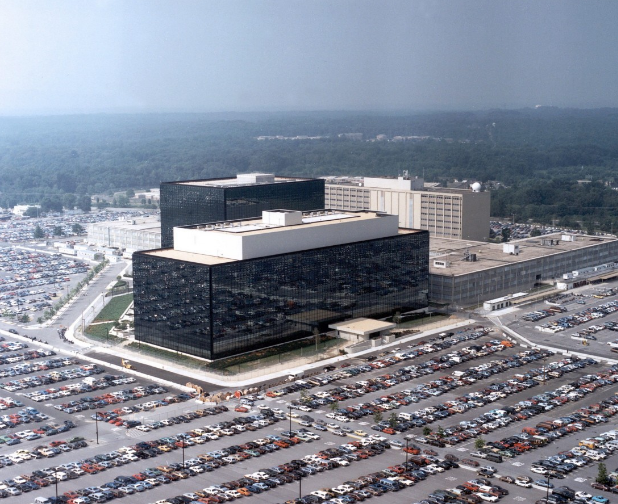
China – the biggest black spot on the Internet’s map
the number of the U.S Internet population, yet, the majority of them
still remain behind the most sophisticated online censorship systems in
the world, the Great Chinese Firewall.
all the information coming in and going out of a country for the sake of
my well being, as any individual has the right to decide what’s good
and bad for them.
on the streets of my city, I would take immediate precautions, or at
least, see how “my” government reacts on the crisis. Yet, how
responsible, moral, or legal according to international human rights
standards is to prosecute users who have been spreading the news about
the SARS virus from within the Great Firewall is perhaps another point.
Isn’t central planning
the panacea of Communism, be it, old-school or modern(an excuse for the
old-school) one, and isn’t the obvious fact that the government cannot,
but wants to play God, an utopia by itself? It is disturbing how
business ethics surpass moral ones for the sake of business continuity,
so to say. Though, efforts
are made to break the ice, until a collective campaign is not started I
doubt anything will change. For the time being, what they don’t like, they either hijack(forward to another site), or completely restrict.
With over 100,000 cybercafes,
and 30,000 state police enforcing policies on the Internet, the Chinese
government is trying to estaliblish a very effective self-censorship
atmosphere, namely, prosecuting those somehow violating it. The idea is
to, of course, cut the costs of their censorship efforts.
U.S companies don’t have a business choice, but to comply in case they are interested in taking advantages of the business opportunities in the country.
Activists
have been expressing their attitude towards assistance like that, while
I feel the majority of business leaders still don’t have the incentive
to take action, besides the human moral obligations, ones that are often
neglected when doing business. Sad, but true 🙂
For
me, it’s not businesses complying with local laws that bothers me, but
the playground for the these vendors that’s fuelling innovation in the
wrong direction. That very same innovation is later on to used on
Western countries or pretty much anywhere around the world. For the time
being, China is still winning against the Web, and the term cyberdissident is getting rather common. For instance, the recently started Cryptome.cn, pointed out a great link to the actual known number of Chinese actions against journalists. That’s disturbing.
One of the most resourceful and timely research currently available is ONI’s Internet Filtering in China in 2004-2005 : A Country Study. Interested in finding out whether a certain sites is currently blocked in China? Check the Real-Time Testing of Internet Filtering in China, courtesy of Harvard Law School, whose Empirical Analysis of Internet Filtering in China still gives an overview of the situation and what’s to consider.
Further research and opinions on the topic can be found at :
Internet Development and Information Control in the People’s Republic of China
Internet censorship in mainland China
The Internet in China: Civilian and Military Uses
Internet in China: Big Mama is Watching You
Internet Filtering in China
The limits of Internet filtering : A moral case for the maximization of information access over the Internet
Controlling Online Information: Censorship & Cultural Protection
Tools for Censorship Resistance
The Filtering Matrix
Tor: An anonymous Internet communication system
Technorati tags :
privacy,free speech,china censorship,china,censorship

![InAttack.ru Forum Official Offline Copy – [RAR] – Direct Download](https://malvertising.net/wp-content/uploads/2025/04/InAttack_Cybercrime_Forum_01-300x300.jpg)
![Hackersoft.ru Forum Official Offline Copy – [RAR] – Direct Download](https://malvertising.net/wp-content/uploads/2025/04/Forum_Hackersoft_Cybercrime_Forum_01-300x300.jpg)
![Milw0rm.com Forum Official Offline Copy – [RAR] – Direct Download](https://malvertising.net/wp-content/uploads/2025/04/Milw0rm_Cybercrime_Forum_01-300x300.jpg)
![Damagelab.org Forum Official Offline Copy – [RAR] – Direct Download](https://malvertising.net/wp-content/uploads/2025/04/Damagelab_org_Cybercrime_Forum_01-300x300.jpg)
![Mazafaka.ru Forum Official Offline Copy – [RAR] – Direct Download](https://malvertising.net/wp-content/uploads/2025/04/Mazafaka_Ru_Cybercrime_Forum_01-300x300.jpg)